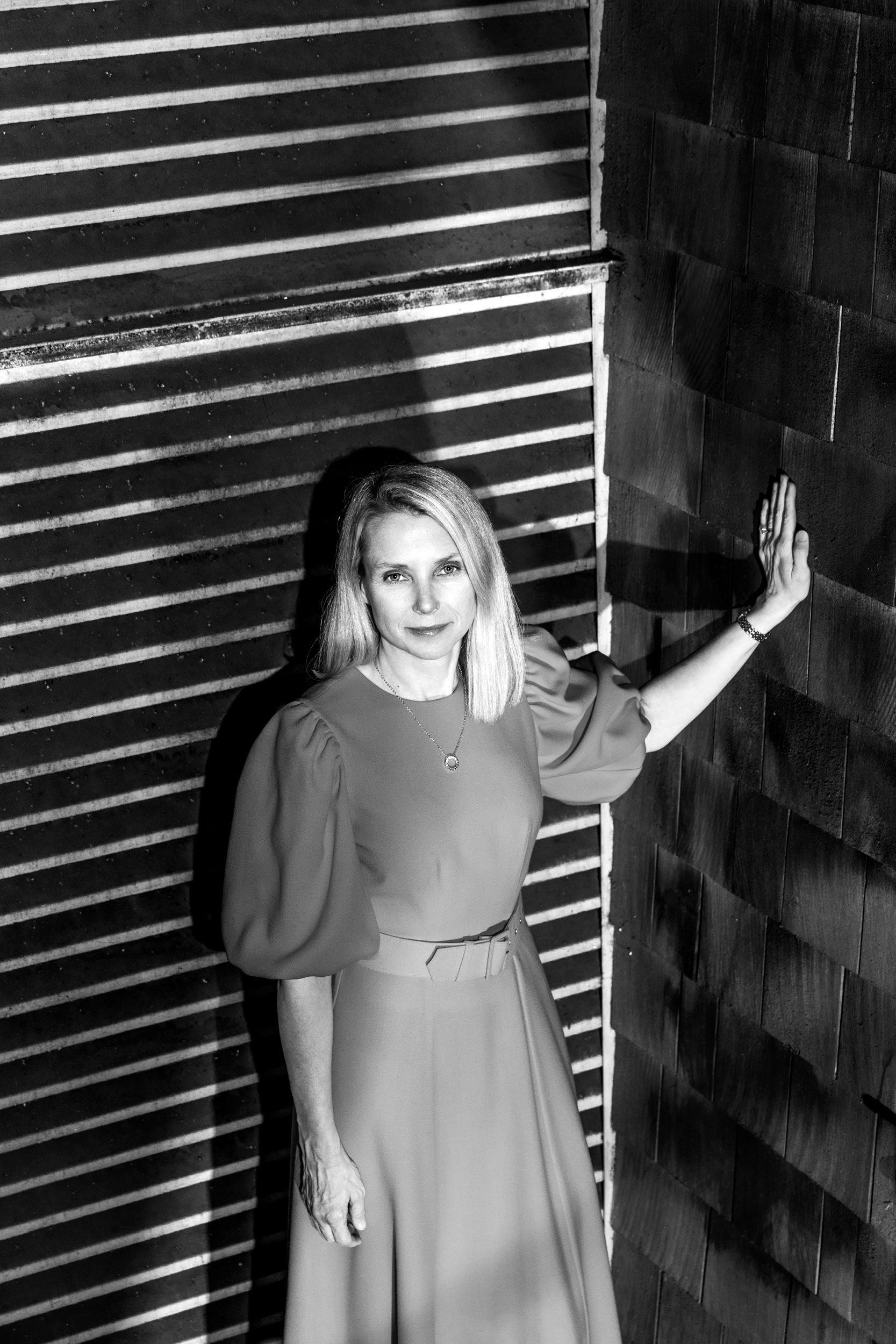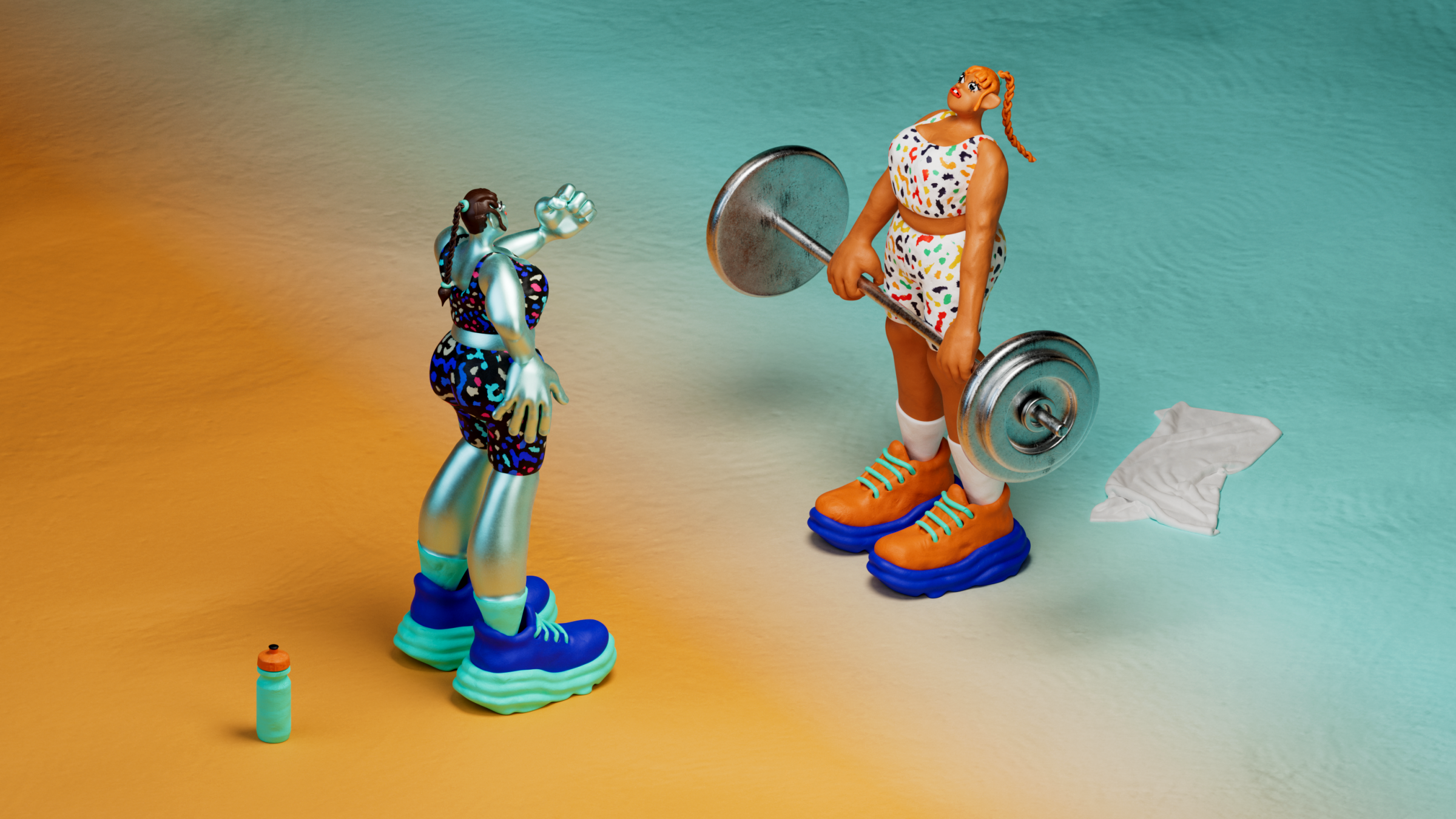VIRGINIA HEFFERNAN: Tell me about the name Sunshine.
MARISSA MAYER: When I was at Stanford, I named my hard drive Moonlight because I was such a night owl. When I got to Google, they’d had a naming rubric for computers, but I was the first engineer to pick a name myself. The office was really bright, so I said, “Sunshine.” Sunshine, moonlight, moonbeam. I love those words.
At some point, I bought Sunshine.com. Then, when we started this company, we knew that we wanted to do things that were upbeat and enlightening, things that involved AI. AI really does enlighten—and it’s potentially a renewable resource that can be very generative, just like sunshine is.
Your sustained pleasure in AI is unusual. But techno-optimism seems to be making a bit of a comeback—
That’s nice to hear.
—and you’re making me nostalgic for the enthusiasm of the internet’s earlier days. How do you stay so hopeful?
I’m generally an optimistic person. There are just so many great, smart, wonderful people in the world. I remember hearing a talk from the early days of eBay, the Wild West days in the mid-’90s, and people were saying that everyone on the internet’s a troll out to swindle you. Someone at eBay said, “There are. But it’s 1 percent.” The great insight from eBay is that you can actually handle the 1 percent manually.
Is it really only 1 percent?
I know it feels like more bad actors. But by and large, that observation that most people are acting with good intent is right. History has also made the point that technology very rarely sets us back. It’s almost always additive. I approach new things asking, What good could come of this?
So you don’t balk at the new—not the blockchain? Not Martian colonies?
Look, I don’t love operating from fear. Nobody does their best work when they’re afraid. History also backs that up.
Photograph: Christie Hemm Klok
When you were at the National Youth Science Camp as a teenager, you became fascinated by the mind of your mentor, Zoon Nguyen. You ended up caring less about what he knew and more about how he thought. Two parts to this question: What do you know, and how do you think?
What do I know? Well, we all know thousands of facts, right? I know consumer tech. I know a lot about different businesses. Randomly, I know a lot about movies.





